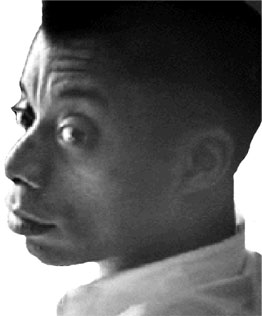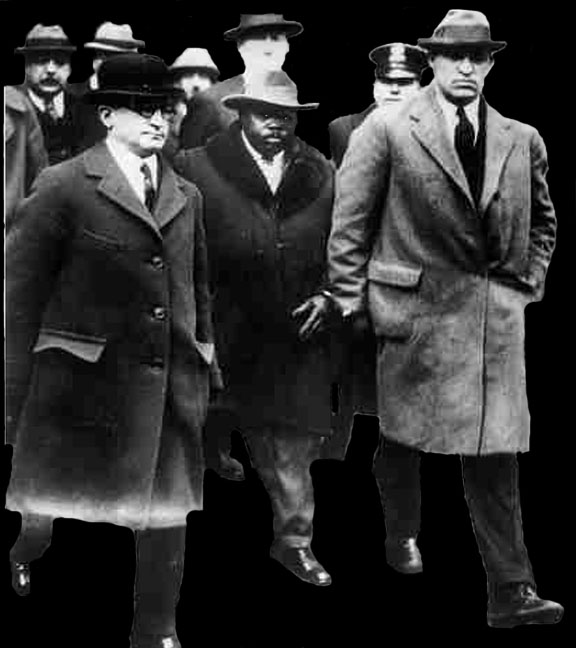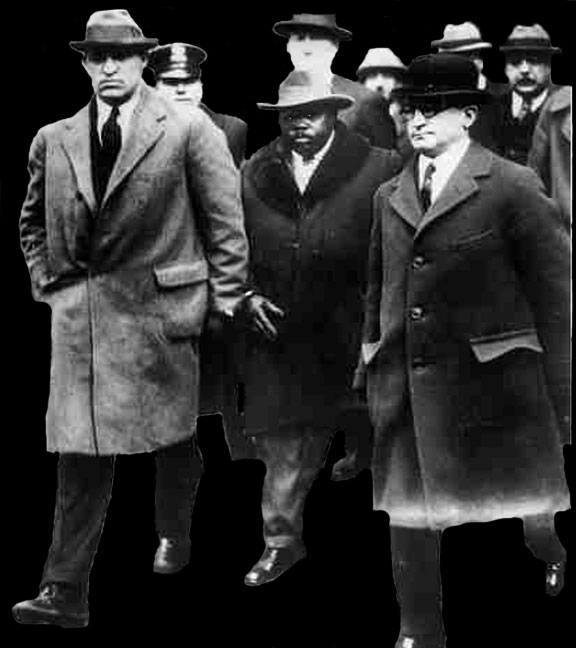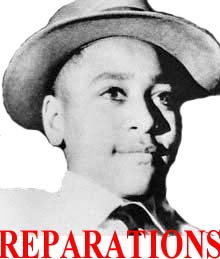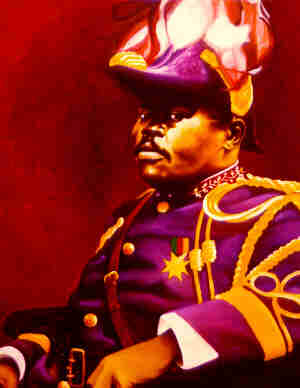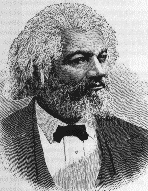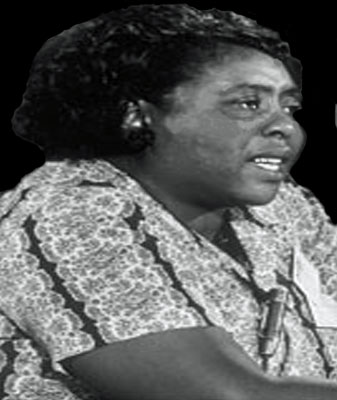aa
|
Marcus Garvey
Victorian Sensibility
While Garvey's speeches and writings display the influence of
popular success ideologies and a racial interpretation of international politics,
they also reflect an adherence to a Victorian historical sensibility and
literary taste. An admirer of the great and forceful men of history---statesmen,
emperors, and conquerors (e.g., Alexander, Charlemagne, Hannibal, Napoleon,
Genghis Khan)---Garvey called black people to rise to a similar vision of
political patriarchy and racial leadership. Likewise, while urging his readers
and audiences to know and respect the works of black writers and artists, he
consistently held up to black people the work of minor and major white
authors---Elbert Hubbard, William Ernest Henley, Robert Browning, Cervantes,
Shakespeare---for inspiration and reference. By doing so, he upheld the
tradition of schooling in "great works" common to the artisan class in the
Victorian era. Indeed, Garvey's motto for the UNIA was quite likely a paraphrase
of a line found in the poem of Alfred, Lord Tennyson, written for the occasion
of Queen Victoria's opening of the Indian and Colonial Exhibition.
Britain's myriad voices call, 'Sons, be welded each and all,
Into one imperial whole, One with Britain, heart and soul! One life, one flag,
one fleet, one Throne!
In Garvey's hands, the triumphal exhortation of the final line
is paraphrased in the well-known UNIA motto, "One God, One Aim, One Destiny."
Likewise, the name given by Garvey to the general assembly hall of the UNIA in
Harlem, Liberty Hall, which became the cradle of the movement, is reminiscent of
Oliver Goldsmith's ever-popular She Stoops to Conquer (1773). In the second act
of the play, the residence Liberty Hall is defined as a haven from the outer
world, a place of freedom of thought and action---"pray be under no constraint
in this house," Mr. Hardcastle assures his guests; "this is Liberty Hall,
gentlemen. You may do just as you please here."

|
|
a |
